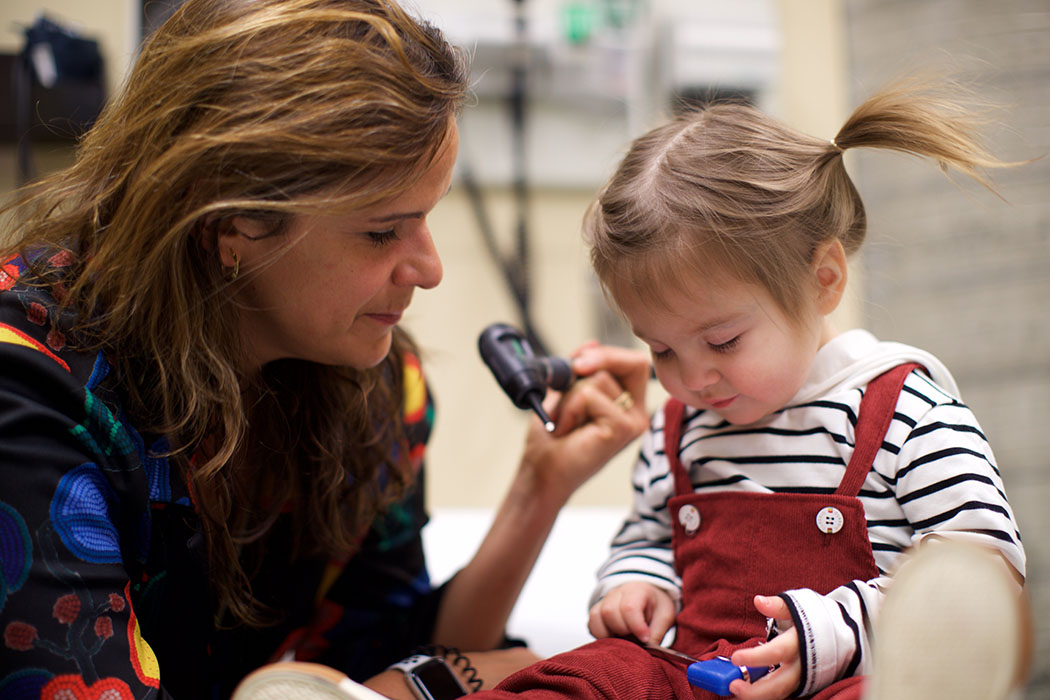
Patients propose real world solutions to Manitoba’s worsening primary care crisis: Report
A new report by UM faculty and stakeholders offers patient-driven solutions to address the escalating primary care crisis in Manitoba.
According to the report released by OurCare, a national initiative focused on the future of primary care, Manitoba has the lowest per capita number of family physicians in Canada. The report also states that residents of rural and small-town communities face even greater challenges to access, highlighting the need for to find solutions to these ongoing problems in Manitoba.
As part of the Canada-wide OurCare initiative, 30 Manitobans were selected to represent the province’s demographics. This group formed the OurCare Manitoba Priorities Panel, which spent more than 30 hours listening to experts and deliberating before proposing recommendations for an improved primary care system. As part of the initiative, hundreds of Manitobans also submitted their feedback via a survey.
A detailed report was prepared to highlight 37 main recommendations. Nine of these were developed by its Indigenous members about how to improve access to primary care for Indigenous people across the province. The other 28 recommendations call for clearer communication, more accountability and for a primary care system that meets the needs of all Manitobans.
“The Manitoba panelists described an ideal primary care system that was designed to be flexible to meet individual people’s needs, close to home,” said Dr. Amanda Condon, OurCare Manitoba co-lead and associate professor of family medicine at the Max Rady College of Medicine, Rady Faculty of Health Sciences. “They also want to be able to see how the primary care system is performing and see accountability as a core value.”
Key recommendations include:
- Shift to team-based models in health care delivery
- Extend primary care availability to after-hours and provide 24/7 access
- Set up mobile health clinics for rural and remote residents
- Create an Indigenous Health Department in the provincial government
- Safeguard patient health information in a centralized electronic database
- Require health care providers to follow clear communication steps that align with patient care plans
- Institute a publicly funded health-care ombudsperson
- Carry out an educational campaign to explain the primary care system
- Provide data on the performance of the primary health care system
“Our recommendations centre around creating a primary health care system where all Manitobans are treated equitably and have access to the care they need, when and where they need it,” said panel member Beth Glass. “My hope is that these recommendations show decision makers what Manitobans are looking for in a primary care system and inspire changes that improve the health of all.”
The full report is available on the OurCare website.






